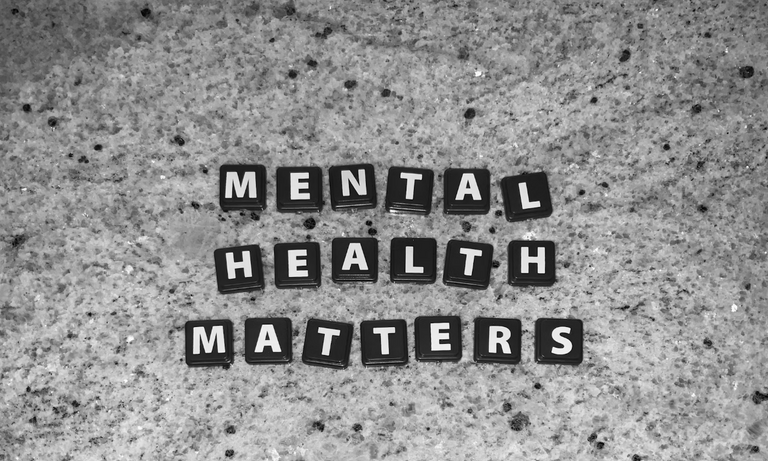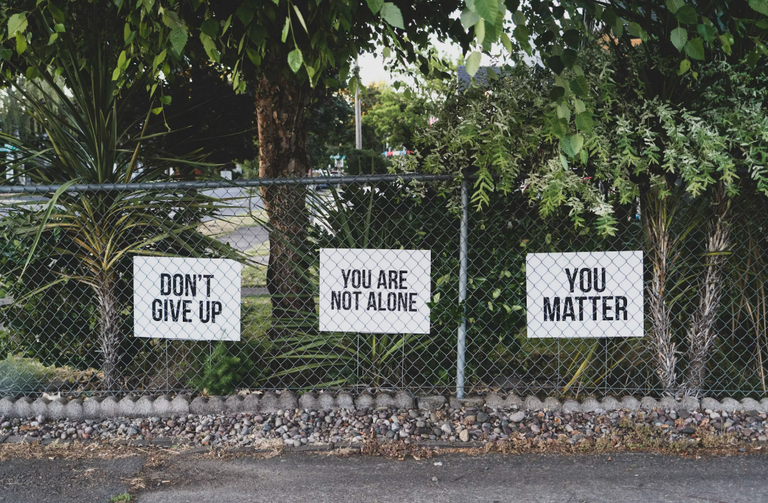Mental health is just as important as physical health, yet many people overlook its care until they experience distress. Anxiety and other mental health challenges can arise due to various factors, including stress, lifestyle choices, and even genetics. However, adopting proactive strategies can help prevent anxiety and promote long-term emotional well-being. Below are effective ways to strengthen your mental health and prevent anxiety before it takes hold.
1. Maintain a Balanced Lifestyle
A well-balanced lifestyle plays a crucial role in preventing anxiety and maintaining mental stability. Key areas to focus on include:
- Sleep: Aim for 7-9 hours of quality sleep each night. Poor sleep can increase stress hormones, making anxiety worse.
- Nutrition: Eat a balanced diet rich in whole foods, lean proteins, healthy fats, and plenty of vegetables. Nutrient deficiencies, such as low magnesium or B vitamins, can contribute to anxiety.
- Exercise: Engage in at least 30 minutes of physical activity daily. Exercise releases endorphins, which are natural mood boosters.
- Hydration: Dehydration can negatively affect mood and cognitive function, so drink plenty of water.
2. Manage Stress Effectively
Chronic stress is one of the leading causes of anxiety and other mental health issues. Learning how to manage stress proactively can prevent it from overwhelming your life.
- Time Management: Organize tasks with a planner or to-do list to avoid last-minute stress.
- Set Boundaries: Learn to say no to activities or commitments that drain your energy.
- Take Breaks: Regularly step away from work or stressful situations to reset your mind.
- Deep Breathing & Meditation: Practicing mindfulness and meditation can calm the nervous system and reduce anxiety.
3. Build Strong Social Connections
Humans thrive on social connections, and having a supportive network can significantly reduce the risk of anxiety and depression.
- Stay Connected: Regularly communicate with family and friends to maintain emotional bonds.
- Join Supportive Communities: Engage in social groups, clubs, or online communities where you feel supported.
- Talk About Your Feelings: Sharing concerns with a trusted person can help relieve stress and anxiety.
4. Limit Exposure to Anxiety Triggers
Certain external factors can contribute to anxiety and mental distress. Identifying and reducing exposure to these triggers can help prevent unnecessary stress.
- Reduce Screen Time: Excessive social media and news consumption can increase feelings of stress and inadequacy.
- Avoid Caffeine & Alcohol: High caffeine intake can increase anxiety symptoms, while alcohol can disrupt emotional stability.
- Create a Peaceful Environment: Decluttering and maintaining a clean, calming space can help reduce mental chaos.

https://unsplash.com/photos/woman-walking-on-pathway-during-daytime-mNGaaLeWEp0
5. Develop Healthy Thought Patterns
Your mindset has a significant impact on your mental well-being. Practicing positive thinking and emotional resilience can help prevent anxiety.
- Challenge Negative Thoughts: When anxious thoughts arise, question their validity and replace them with more rational perspectives.
- Practice Gratitude: Keeping a gratitude journal can shift focus from worries to positive aspects of life.
- Self-Compassion: Be kind to yourself and avoid self-criticism. Acknowledge mistakes as part of growth rather than personal failures.

https://unsplash.com/photos/woman-walking-on-pathway-during-daytime-mNGaaLeWEp0
6. Engage in Relaxation Techniques
Intentional relaxation helps the mind and body stay calm, reducing the risk of anxiety buildup.
- Yoga & Stretching: These activities help relax muscles and improve mental clarity.
- Listening to Music: Calming music can regulate emotions and reduce stress.
- Spending Time in Nature: Walking outdoors, gardening, or simply sitting in a natural setting can significantly improve mental health.

https://unsplash.com/photos/woman-walking-on-pathway-during-daytime-mNGaaLeWEp0
7. Seek Professional Help When Needed
Preventing anxiety does not mean ignoring it when it arises. If feelings of stress or worry persist, seeking guidance from a professional can provide valuable tools for long-term mental health.
- Therapy & Counseling: Speaking with a mental health professional can offer coping strategies and support.
- Support Groups: Connecting with others who share similar experiences can be therapeutic.
- Medical Help: In some cases, medication or supplements may be recommended to manage anxiety symptoms.

https://unsplash.com/photos/woman-walking-on-pathway-during-daytime-mNGaaLeWEp0
Final Thoughts
Preventing anxiety and mental health issues requires a proactive and holistic approach. By focusing on lifestyle choices, stress management, social connections, and positive thinking, you can build emotional resilience and maintain mental well-being. Taking small, consistent steps toward self-care can make a significant difference in leading a balanced and anxiety-free life.
